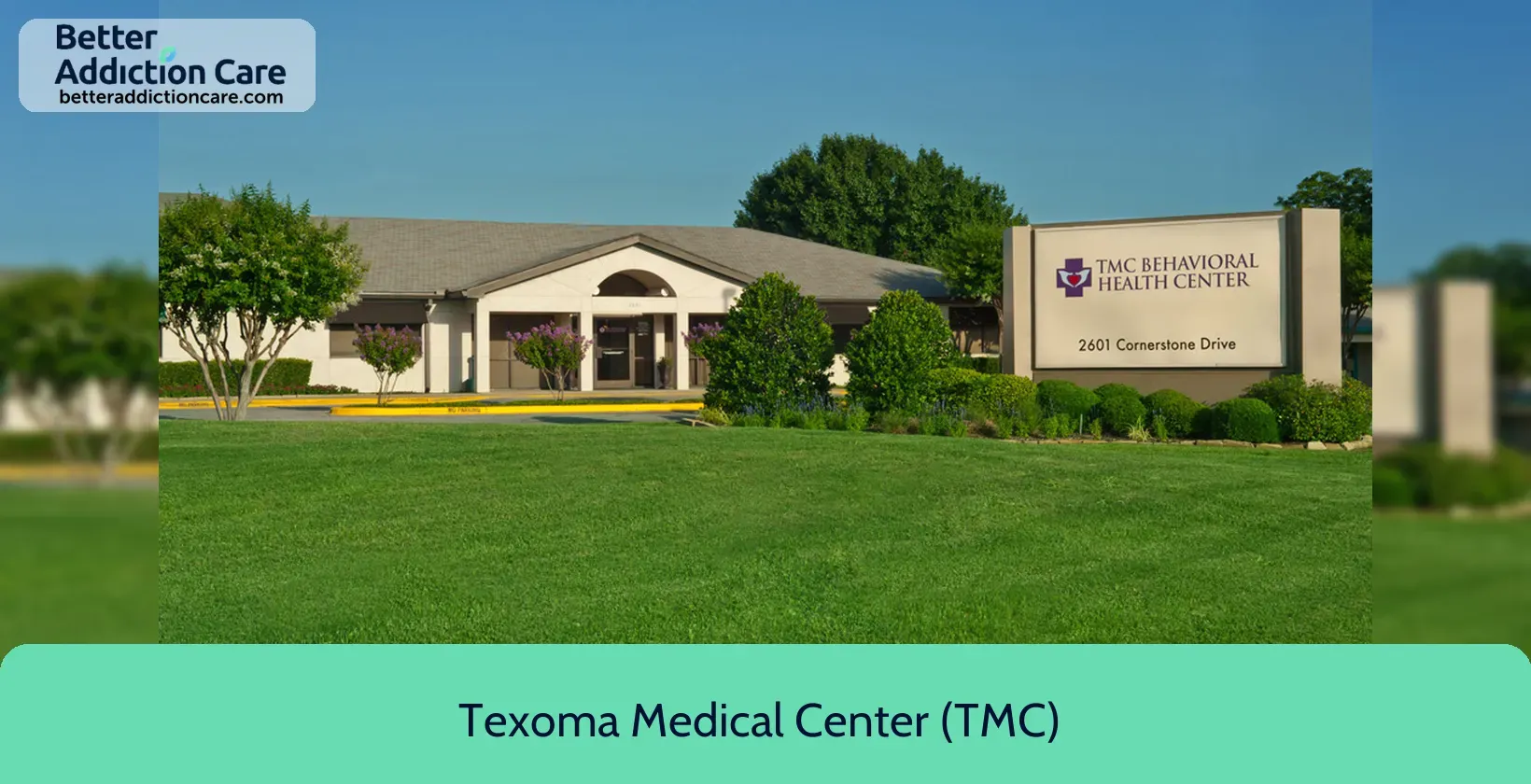
Overview
Lakes Regional MHMR Center is a substance abuse treatment center for people seeking treatment near Grayson County. As part of their treatment modalities for recovery, Lakes Regional MHMR Center provides cognitive behavioral therapy, telemedicine/telehealth therapy, and substance use disorder counseling during treatment. Lakes Regional MHMR Center is located in Sherman, Texas, accepting cash or self-payment for treatment.
Lakes Regional MHMR Center at a Glance
Payment Options
- Cash or self-payment
- Medicaid
- Medicare
- Private health insurance
- Federal, or any government funding for substance use treatment programs
Assessments
- Screening for tobacco use
- Comprehensive substance use assessment
- Screening for substance use
Age Groups
- Young adults
- Adults
- Seniors
Ancillary Services
- Suicide prevention services
- Specially designed program for DUI/DWI clients
- Early intervention for HIV
- Social skills development
Highlights About Lakes Regional MHMR Center
6.77/10
With an overall rating of 6.77/10, this facility has following balanced range of services. Alcohol Rehabilitation: 8.00/10, Drug Rehab and Detox: 6.00/10, Insurance and Payments: 6.00/10, Treatment Options: 7.09/10.-
Alcohol Rehabilitation 8.00
-
Treatment Options 7.09
-
Drug Rehab and Detox 6.00
-
Insurance and Payments 6.00
Accreditations
State department of health:

Government agencies issue State Licenses, granting rehabilitation organizations permission to operate their businesses legally within specific geographic regions. The licenses needed for legal operation are typically determined by the type of rehabilitation program offered by a facility and its physical location.
Treatment At Lakes Regional MHMR Center
Treatment Conditions
- Alcoholism
- Substance use treatment
Care Levels
- Outpatient
- Regular outpatient treatment
- Aftercare
Treatment Modalities
- Cognitive behavioral therapy
- Telemedicine/telehealth therapy
- Substance use disorder counseling
- Smoking/vaping/tobacco cessation counseling
- Group counseling
Ancillary Services
Additional Services
- Pharmacotherapies administered during treatment
- Mentoring/peer support
- Drug or alcohol urine screening
Special Programs
- Criminal justice (other than DUI/DWI)/Forensic clients
Get Help Now
Common Questions About Lakes Regional MHMR Center
Contact Information
Other Facilities in Sherman

6.74
DISCLAIMER: The facility name, logo and brand are the property and registered trademarks of Texoma Medical Center (TMC) - Behavioral Health Center, and are being used for identification and informational purposes only. Use of these names, logos and brands shall not imply endorsement. BetterAddictionCare.com is not affiliated with or sponsored by Texoma Medical Center (TMC) - Behavioral Health Center.
